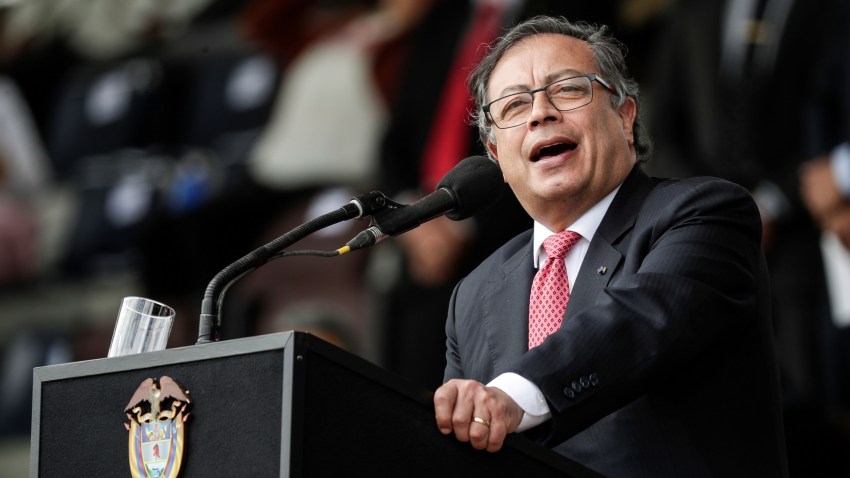In his first address to the United Nations General Assembly shortly after taking office last year, Colombian President Gustavo Petro startled Bogota’s longtime allies in Washington by declaring, “The War on Drugs has been an abject failure. I am demanding, from a deeply wounded Latin America, that we end these horrible destructive policies.”
In an interview with the Washington Post at the same gathering, Petro went even further. Reflecting his campaign promises not just to rethink aspects of Colombia’s counternarcotics strategy, but to radically overhaul it, he suggested that decriminalizing aspects of the cocaine industry was the only way forward.
After a year in office, however, Petro’s approach has proven far less radical—and less intelligible as well. Cabinet ministers in his government have repeatedly stated that decriminalization of cocaine will not happen during his term in office. Petro himself has publicly acknowledged that international treaties largely prevent any real steps toward that goal as long as Europe and the U.S. oppose it. The Colombian public would also be unlikely to support decriminalization.

